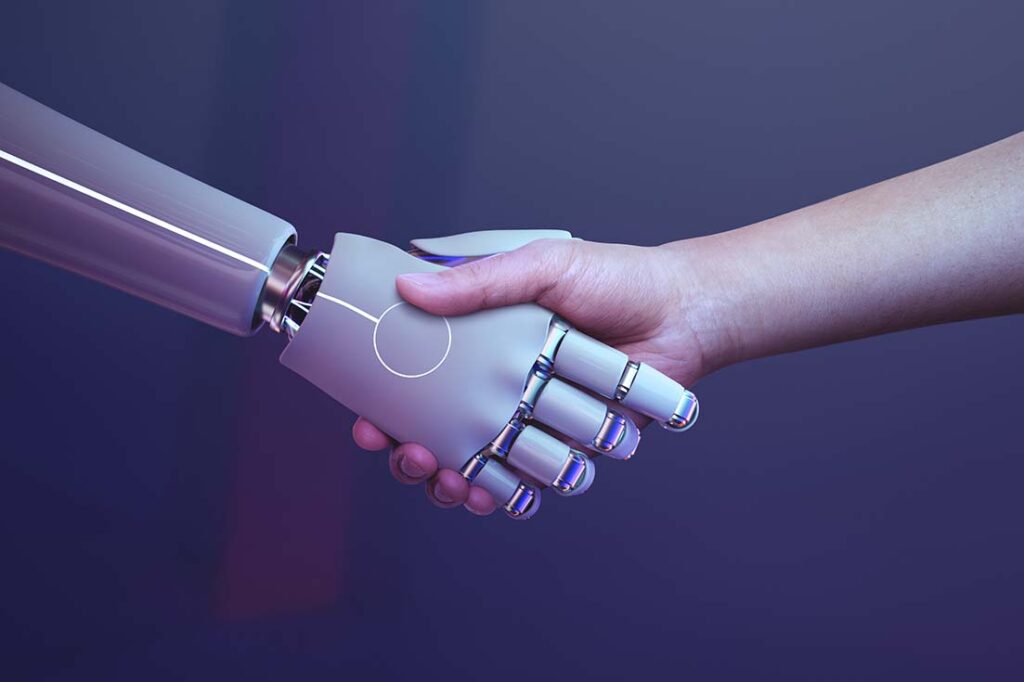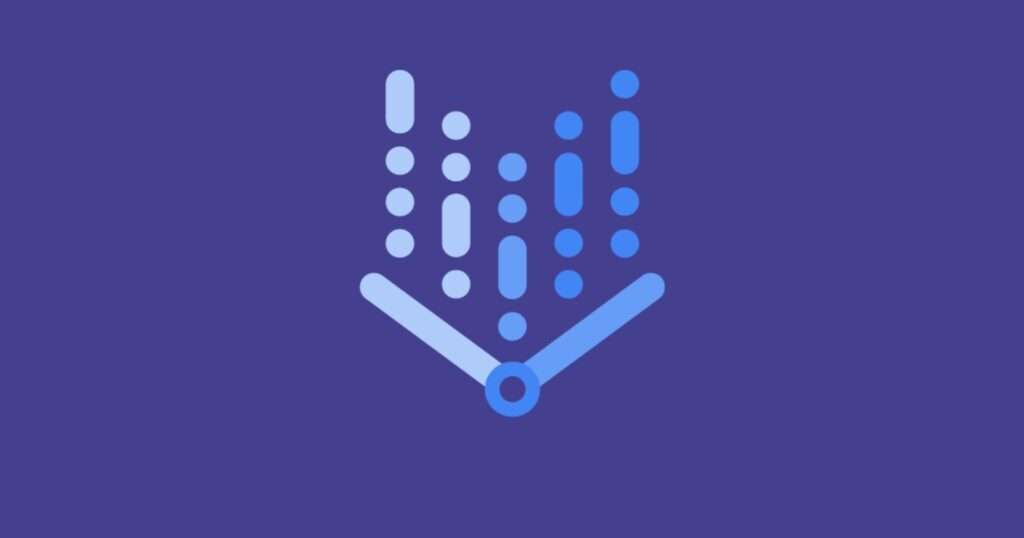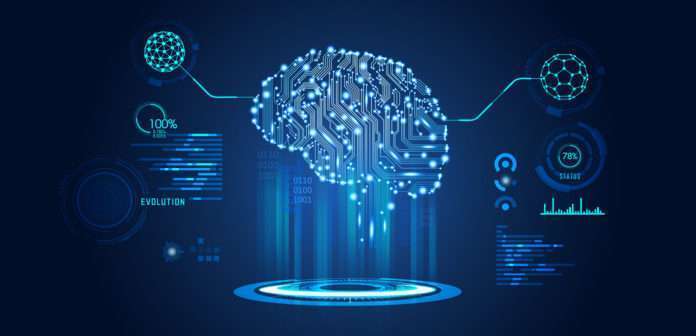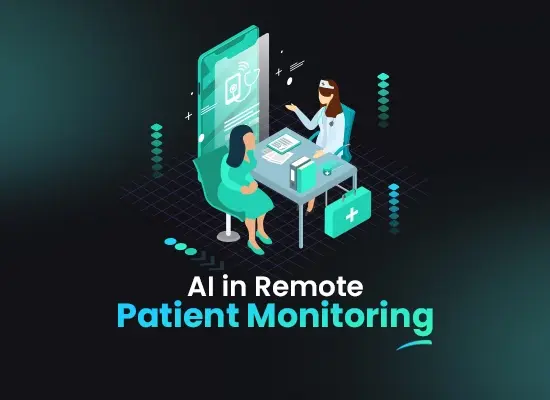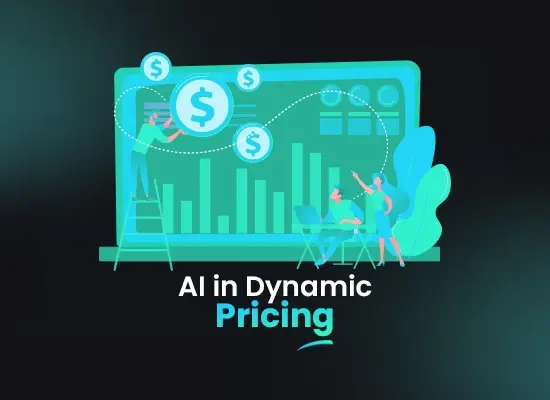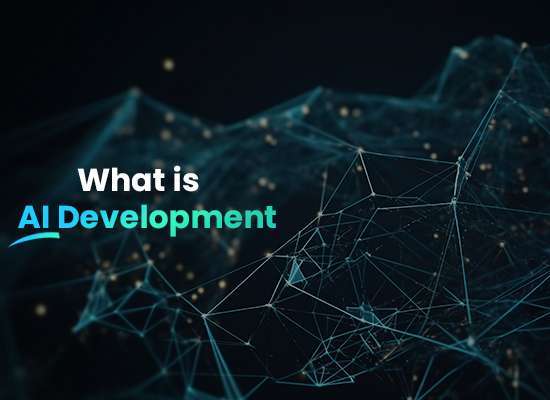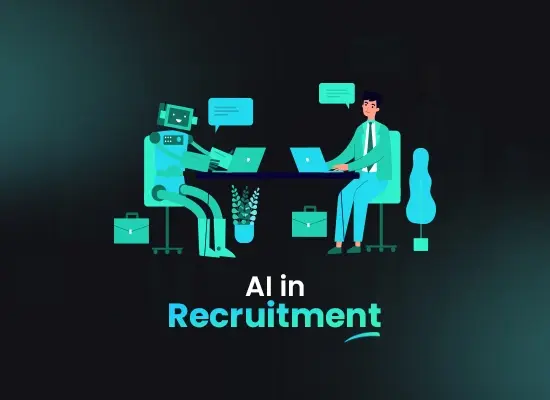
AI in recruitment is revolutionising the way organisations attract, screen, and hire top talent. With advancements in machine learning and natural language processing, AI-powered tools can analyse resumes, conduct initial screenings, and even predict candidate fit. This blog explores the transformative impact of AI on recruitment processes and its implications for HR professionals and job seekers alike.
What is AI in Recruitment?
AI in recruitment refers to the application of artificial intelligence technologies to various aspects of the hiring process. This includes leveraging automated recruitment software and systems to streamline and enhance the search for top talent.
Benefits of AI in recruitment are numerous. Automated recruitment can significantly improve efficiency by automating repetitive tasks such as resume screening, candidate sourcing, and scheduling interviews. This frees up valuable time for recruiters to focus on the more nuanced and strategic aspects of hiring, like building relationships with candidates and conducting in-depth interviews.
Furthermore, automated recruitment systems can help reduce bias in the hiring process by objectively evaluating candidates based on pre-defined criteria and skills. They can analyze vast amounts of data from resumes, social media profiles, and past performance to identify the most qualified individuals, regardless of factors like gender, age, or ethnicity.
By leveraging the power of AI, companies can gain a significant competitive advantage in the talent market. Automated recruitment software and systems empower them to find the best candidates faster, improve the candidate experience, and ultimately make data-driven hiring decisions.
Seamless Collaboration | Cost-Efficient Solutions | Faster Time-to-Market

Why use AI in Recruitment?
One of the key benefits of AI in recruitment is its ability to automate repetitive tasks such as resume screening, candidate sourcing, and scheduling interviews. This frees up valuable time for recruiters to focus on more strategic initiatives, like evaluating top talent and building relationships with potential hires.
Automated recruitment software uses machine learning for sophisticated algorithms to analyse and evaluate candidate data based on predefined criteria. This helps to ensure that only the most qualified candidates progress through the auto recruitment process, leading to a higher quality of hire and improved talent pool.
Furthermore, AI in recruitment can play a crucial role in mitigating unconscious bias through its data-driven approach. By focusing on objective skills and qualifications, automated recruitment systems can help to create a more diverse and inclusive hiring experience for all candidates.
As auto recruitment continues to evolve, it holds immense potential to revolutionise the talent acquisition landscape by creating a more efficient, effective, and equitable hiring process for everyone involved.
Traditional Methods for Recruitment:
Although traditional hiring practices have been beneficial to businesses for a long time, there have been some difficulties with them. Traditional recruitment procedures, for instance, take an absurd amount of time and frequently lead to drawn-out processes that might take weeks or even years.
A company’s budget may be severely strained by the small pool of candidates and the high cost of traditional recruitment techniques, which can also make it challenging for recruiters to identify the best candidate.
In today’s digital era, the landscape of recruitment has undergone a transformative shift towards embracing automated recruitment systems and automated recruitment software. Fast forward to today, and we are witnessing a paradigm shift where everything, including recruitment processes, has the potential to be streamlined and optimised through the benefits of AI in recruitment. While traditional recruitment methods still have their place, modern recruitment strategies leverage the power of auto recruitment to offer a plethora of benefits that simply can’t be ignored. These benefits include increased efficiency, improved productivity, and access to a larger pool of candidates.
The remarkable benefits of AI in recruitment are underscored by their reports that 54% of companies utilising AI experience increased productivity, while a staggering 80% of business leaders acknowledge the immense potential for further productivity gains through the adoption of automated recruitment systems and automated recruitment.
With the correct tech adoption strategy, we can dispel the misconceptions surrounding the role of recruitment tech and its perceived threat to replace recruiters. Instead, we can showcase how AI can be harnessed to empower recruitment teams, enabling them to supercharge their efforts and achieve unprecedented levels of success in talent acquisition.
Benefits of AI in Recruitment Process:
The benefits of AI in recruitment are numerous and far-reaching. Automated recruitment software and systems are transforming the way companies find and hire top talent. By leveraging AI’s capabilities, the recruitment process becomes significantly more efficient and effective.
One of the key benefits of AI in recruitment is the ability to automate tedious tasks. Automated recruitment software can scan through hundreds of resumes in minutes, identifying qualified candidates based on predefined criteria. This frees up valuable time for human recruiters to focus on more strategic activities, such as conducting interviews and building relationships with potential hires.
Another significant benefit of AI in recruitment is its potential to reduce unconscious bias. Automated recruitment systems rely on objective data analytics and skills assessments, minimising the possibility of human biases impacting hiring decisions. This leads to a more diverse and inclusive talent pool, ultimately benefiting both the company and its workforce.
Furthermore, AI can be used to personalise the candidate experience. Automated chatbots can answer frequently asked questions and provide real-time updates on the application process. This not only improves the candidate experience but also allows recruiters to focus on more intricate aspects of the hiring process.
In conclusion, the benefits of AI in recruitment are undeniable. From automating tasks and reducing bias to personalising the candidate experience, automated recruitment systems are revolutionising the way companies find and hire top talent. By embracing AI, organisations can build a competitive advantage in today’s ever-evolving job market.
How AI Improves Candidate Sourcing and Screening:
The benefits of AI in recruitment extend significantly to attracting and evaluating potential candidates. Automated recruitment software and systems powered by AI are transforming the traditional methods, offering several advantages:
Wider Reach and Targeted Sourcing: AI can scan vast online databases and social media platforms, identifying qualified individuals who may not actively be searching for jobs. This allows for a broader talent pool and targeted sourcing based on specific skills and experience.
Automated Resume Screening: Automated recruitment systems can analyse resumes and cover letters against predefined criteria, saving recruiters valuable time spent sifting through irrelevant applications. This allows for faster initial screening and identification of top candidates who best match the job requirements.
Skills and Experience Matching: AI algorithms can analyse resumes and online profiles to extract relevant skills and experience, automatically matching them against the job description. This objective assessment helps eliminate unconscious bias and ensures qualified candidates are not overlooked.
Predictive Analytics: Advanced AI systems can go beyond basic resume matching. By analysing past hiring data and successful employee profiles, they can predict which candidates are most likely to be successful in the role. This allows recruiters to prioritise the most promising candidates and make informed hiring decisions.
Overall, auto recruitment powered by AI streamlines the candidate sourcing and screening process, resulting in a wider talent pool, faster processing times, and fairer candidate evaluation. This allows recruiters to focus on building relationships with top candidates and making strategic hiring decisions, creating a win-win situation for both employers and job seekers.
AI in Recruitment for Resume Parsing and Keyword Matching:
Traditionally, recruiters sift through countless resumes, manually searching for keywords and qualifications that match a specific job description. This process is time-consuming and prone to human error.
AI in recruitment takes a different approach. It utilises resume parsing, where AI algorithms automatically extract information from resumes, such as skills, experience, and education. These algorithms can even understand different document formats and extract data from diverse sources, like LinkedIn profiles.
Next, AI utilises keyword matching. It compares the extracted information from the resumes with the keywords and requirements listed in the job description. This allows AI to identify candidates whose qualifications closely match the job requirements, saving recruiters valuable time and effort.
However, relying solely on keyword matching can be limiting. Advanced AI systems go beyond simple keyword matching and are able to understand synonyms and related terms, allowing them to identify qualified candidates even if their resumes don’t use the exact wording as the job description.
By combining resume parsing and advanced keyword matching, AI helps recruiters efficiently identify a pool of highly relevant candidates for further consideration, ultimately leading to a smoother and more efficient hiring process.
Enhancing Candidate Experience through AI-driven Chatbots:
In today’s competitive talent market, attracting and retaining top candidates requires a seamless and engaging experience. AI-driven chatbots are transforming the recruitment landscape by offering a personalised and convenient experience for job seekers.
These chatbots, powered by AI and machine learning development, act as virtual assistants throughout the recruitment process. They can answer frequently asked questions, provide real-time application status updates, and guide candidates through various stages. This not only frees up recruiters’ time for more strategic tasks but also ensures consistent communication and reduces waiting times for candidates.
Furthermore, AI chatbots can leverage data engineering service to personalise their interactions. By analysing past conversations and candidate information, they can tailor responses, recommend relevant job openings, and provide targeted resources. This personalised approach fosters engagement and makes candidates feel valued, ultimately enhancing their overall experience.
Overall, AI-driven chatbots are a valuable tool for recruiters seeking to improve the candidate experience and streamline the entire recruitment process. These virtual assistants provide 24/7 support, personalise interactions, and ultimately help attract and retain top talent.
Predictive Analytics for AI in Recruitment:
Traditionally, identifying top talent in recruitment relied heavily on resumes and interviews. However, the rise of AI offers a new approach: predictive analytics.
This involves using sophisticated algorithms to analyse vast amounts of data related to past hires, job requirements, and candidate profiles. By analysing this data, AI can uncover patterns and predict which candidates are most likely to be successful in a specific role.
This goes beyond just hard skills listed on a resume. AI can assess factors like cultural fit, learning agility, and even personality traits based on written communication and online profiles. This allows companies to identify hidden gems who may not have the traditional background but possess the right potential for the role.
Predictive analytics doesn’t replace human judgement. Instead, it augments the recruitment process by providing data-driven insights for informed decision-making. This allows recruiters to spend their time and resources focusing on high-potential candidates while ensuring a more efficient and objective hiring process.
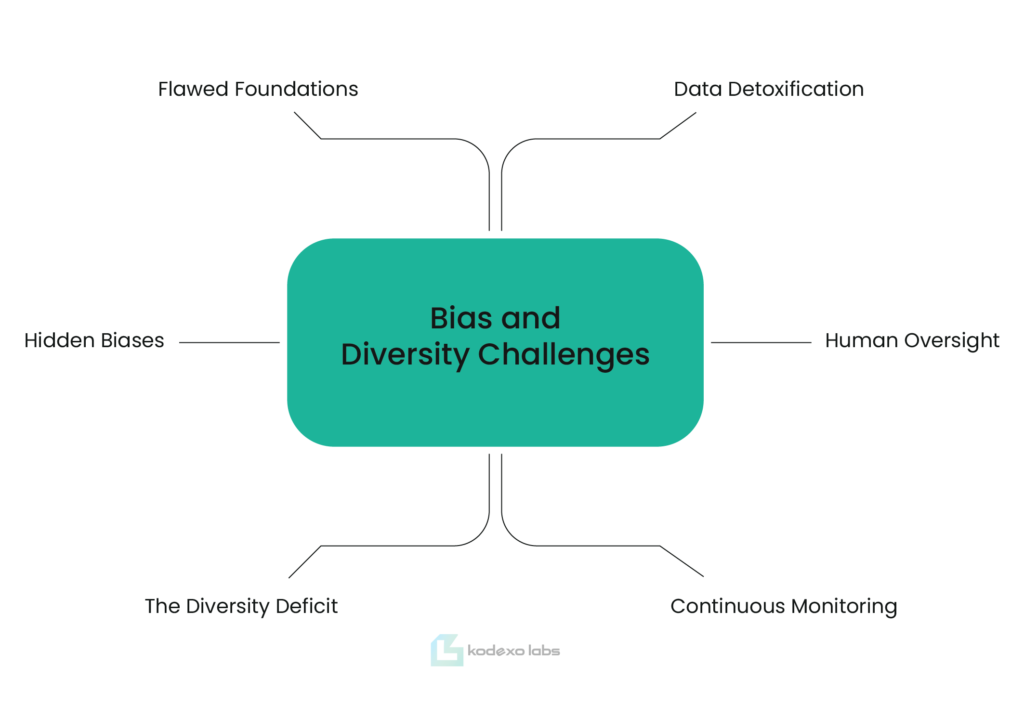
Addressing Bias and Diversity Challenges in AI Recruitment:
AI promises to streamline recruitment, but a hidden danger lurks: bias. Algorithms trained on biassed data can perpetuate those biases, leading to the under-representation of diverse talent. Here’s why we need to address this challenge:
- Flawed Foundations: AI recruitment systems rely on data sets that may reflect past hiring practices, which could have favoured certain demographics. This can create a self-fulfilling loop, excluding qualified candidates who don’t fit the pre-existing mould.
- Hidden Biases: Resumes and applications can contain subtle clues about gender, ethnicity, or socioeconomic background. AI, lacking human context, might misinterpret this information, unfairly dis-advantaging qualified candidates.
- The Diversity Deficit: A lack of diversity in recruitment teams can lead to blind spots when evaluating AI results. Without diverse perspectives, potential biases in the AI system might go unnoticed, hindering the search for well-rounded talent.
In order to find a fair advantage, fortunately, there are ways to leverage AI for fair and diverse recruitment:
- Data Detoxification: Building AI models with balanced and representative data sets is crucial. This means actively seeking out data that reflects the desired diversity in your talent pool.
- Human Oversight: AI should be a tool, not an overlord. Human reviewers can assess AI recommendations, flag potential bias, and ensure a fair and balanced hiring process.
- Continuous Monitoring: AI algorithms are not static. Regularly auditing AI recruitment systems for bias and updating them with fresh data helps maintain fairness in the long run.
By addressing bias and promoting diversity, AI recruitment can become a powerful force for building inclusive and high-performing teams.
The Future of AI in Recruitment: Trends and Innovations
- Enhanced Candidate Matching: AI will go beyond keyword matching in resumes. It will analyse a wider range of data points, including skills assessments, behavioural traits, and social media profiles. This will lead to more accurate and efficient candidate matching, ensuring the best fit for each position.
- AI-powered Chatbots: Chatbots powered by AI will become commonplace, providing 24/7 support to candidates throughout the application process. They can answer basic questions, schedule interviews, and even conduct initial screenings, freeing up recruiters’ time for more strategic tasks.
- Reduced Unconscious Bias: AI can help identify and mitigate unconscious bias in the hiring process. By analysing data objectively, AI can ensure that candidates are evaluated solely on their qualifications and skills, creating a fairer and more diverse workforce.
- Predictive Analytics: AI can predict factors like candidate success and flight risk. By analysing data from past hires and current employees, AI can help identify those most likely to succeed and stay with the company, leading to better long-term hiring decisions.
- Personalised Candidate Experience: AI can personalise the candidate journey. From tailoring job postings to offering feedback after interviews, AI can create a positive and engaging experience for candidates, which is crucial in a competitive talent market.
Ethical Considerations in AI-driven Recruitment Processes:
Bias and Fairness:
A central concern is perpetuating existing biases. AI learns from data, and biassed historical data can lead the AI to favour certain demographics, unintentionally discriminating against others. Mitigating this requires diverse and representative training data, constant monitoring, and human oversight to ensure fairness throughout the process.
Data Privacy and Security:
Recruitment with AI often involves collecting vast amounts of personal data. Organisations must ensure the privacy and security of this information. This includes adhering to data protection regulations, transparent communication with candidates about data usage, and implementing robust security measures to prevent breaches.
Transparency and Explainability:
AI algorithms can be complex and opaque, making it challenging to understand how they arrive at decisions. This lack of transparency can be problematic, especially when decisions impact candidates’ careers. Companies should strive for transparency by explaining how AI is used in the process and allowing candidates to understand why they were selected or rejected.
Algorithmic Fairness Audits:
Regularly auditing AI recruitment tools for bias is crucial. This involves analysing the algorithms’ decision-making to identify and address any potential unfairness or discrimination. Auditing helps ensure responsible use of AI and promotes fairer outcomes in the hiring process.
Human Oversight and Control:
While AI can offer valuable insights, human judgement remains vital in recruitment. AI should be used as a tool to complement, not replace, human decision-making. Human oversight throughout the process ensures ethical considerations are addressed, and candidates benefit from nuanced evaluations in addition to data-driven insights.
Seamless Collaboration | Cost-Efficient Solutions | Faster Time-to-Market

Case Studies: Successful Implementations of AI in Recruitment
By showcasing successful implementations of open-source AI in recruitment through compelling case studies, we can encourage wider adoption and accelerate the responsible development and use of this powerful technology in the recruitment industry.
- The Power of Transparency: Open-source AI tools in recruitment offer a unique advantage: transparency. Unlike proprietary solutions, the underlying code is publicly available, allowing for scrutiny and customization. This fosters trust and empowers organisations to understand how AI decisions are made, addressing concerns about bias and fairness.
- Collaborative Innovation: Open-source AI fosters collaboration across the recruitment landscape. Developers and organisations can contribute improvements, leading to faster development and a wider range of functionalities. This collective effort pushes the boundaries of AI in recruitment, benefiting everyone involved.
- Cost-Effectiveness: Open-source tools typically come with minimal or no licensing fees, making them accessible to organisations with limited budgets. This democratises access to innovative AI solutions, allowing smaller companies and nonprofits to leverage the power of AI in their recruitment efforts.
- Customization and Integration: Open-source AI tools offer greater flexibility, allowing organisations to customise them to their specific needs and existing infrastructure. This ensures seamless integration of the AI solution into existing workflows, maximising its effectiveness and minimising disruption.
- Building Trust and Expertise: Engaging with open-source AI projects allows organisations to build internal expertise and gain a deeper understanding of how AI works in recruitment. This empowers them to make informed decisions about future AI adoption and fosters trust in the technology through hands-on experience and active participation in the development process.
Conclusion:
The landscape of recruitment is undergoing a significant transformation, driven by the emergence of Artificial Intelligence (AI). AI is no longer a futuristic concept but a powerful tool with the potential to reshape every aspect of the hiring process.
Firstly, AI offers unparalleled efficiency by automating tedious tasks like resume screening and candidate shortlisting. This frees up valuable time for human recruiters to focus on strategic initiatives and insightful candidate interactions.
Secondly, AI can contribute to a fairer and more inclusive recruitment environment. By analysing data objectively, AI tools can mitigate the risk of unconscious bias creeping into the selection process, leading to a more diverse and qualified talent pool.
Furthermore, AI helps organisations make data-driven decisions throughout the recruitment journey. By analysing candidate data and past hiring outcomes, AI can predict potential success and suggest optimal hiring decisions, leading to better job matches and improved employee retention.
However, it’s crucial to remember that AI is not a replacement for human judgement and expertise. The ideal future of recruitment lies in a synergy between AI and human intelligence. Recruiters can leverage AI’s capabilities for efficiency and objectivity while utilising their own skills in areas like candidate evaluation, relationship building, and cultural fit assessment.
In conclusion, AI holds immense potential for transforming recruitment into a more efficient, unbiased, and data-driven process. By embracing AI responsibly and strategically, organisations can unlock a competitive advantage in talent acquisition and build a future-proof workforce.

Author Bio
Syed Ali Hasan Shah, a content writer at Kodexo Labs with knowledge of data science, cloud computing, AI, machine learning, and cyber security. In an effort to increase awareness of AI’s potential, his engrossing and educational content clarifies technical challenges for a variety of audiences, especially business owners.
